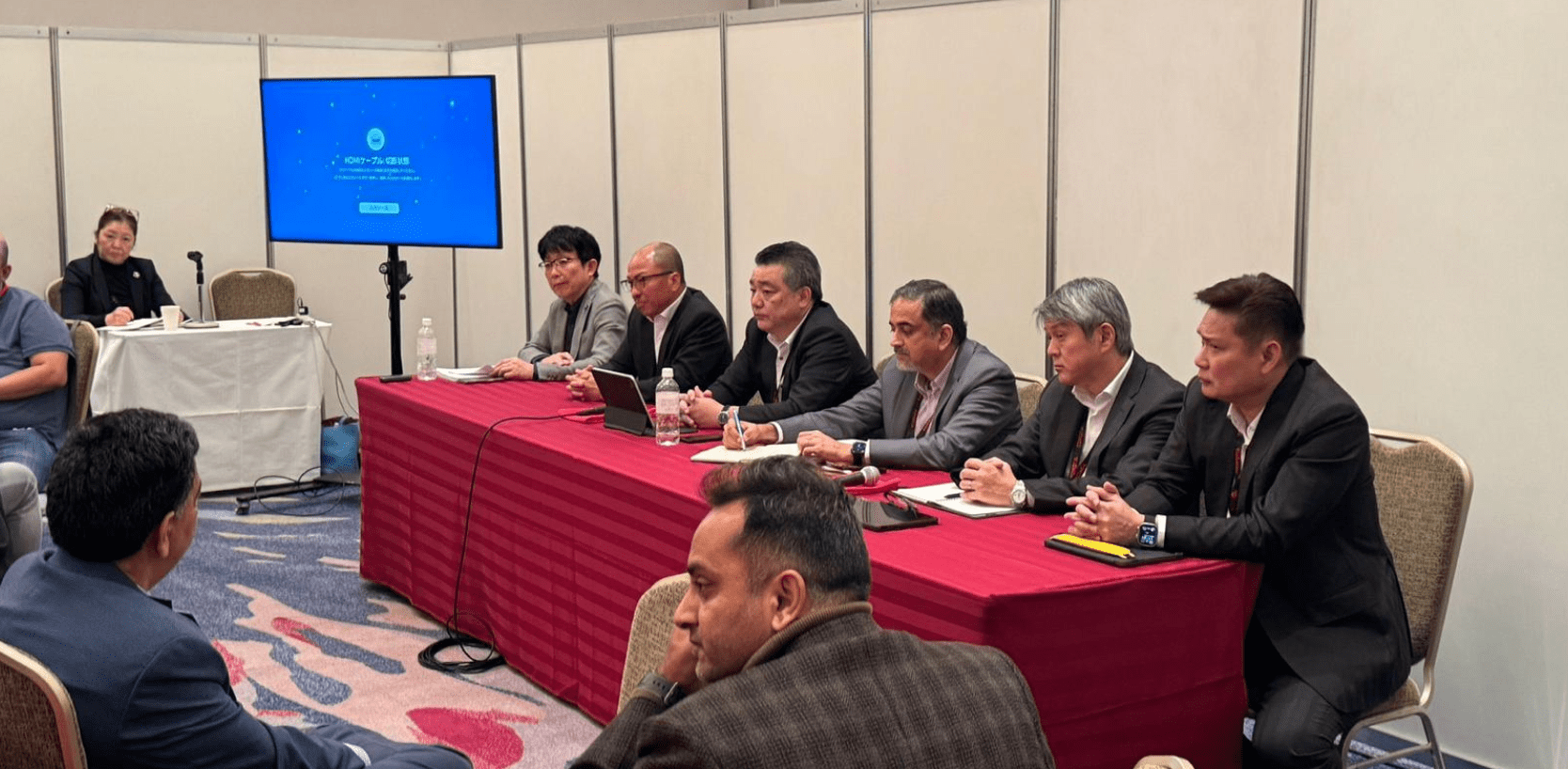The Japan “Mobility” Show is aptly the new name for an event that goes beyond the traditional concept of automobiles
TOKYO — Every two years, one of the events I look forward to is the Tokyo Motor Show. I was excited for its return this year (after a four-year hiatus since the pandemic suspended TMS in 2021), but I was surprised and sentimental when the show was relabeled “Japan Mobility Show.” I had become attached to attending the TMS and had a sense of familiarity with its exhibits for the past 10 years. Often, it’s hard to let go of what we’ve grown accustomed to.
But letting go of what’s familiar and evolving seems to be what the Japan Mobility Show is about. While the TMS reinforced automobiles as a prime form of transportation, the Japan “Mobility” Show is aptly the new name for an event that goes beyond the traditional concept of automobiles by presenting the future of mobility. The shift in focus towards all forms of mobility recognizes that mobility means different things to different people.
Current and future generations now face problems (such as climate change, sea level rise, and environmental degradation) which affect food security, quality of life, and human existence itself. Given these existential problems, the mobility of the future needs to be inclusive, environmental-friendly, innovative, and curated.
A day before the JMS on October 24, we sat down with Toyota executives at a roundtable briefing in Tokyo, Japan where Masahiko Maeda (Regional CEO) gave us a glimpse of Toyota’s future vision of mobility. A few days before that, we also met with Pras Ganesh, Executive Vice President of Toyota Daihatsu Engineering and Manufacturing.
The future of mobility for Toyota is driven by the principles of inheritance (the car that we inherited) and evolution (allowing each individual to find his future). Central to Toyota’s vision for mobility are carbon neutrality and expanding the value of mobility which are based on the pillars of electrification (using and harnessing renewable energy), diversification (deploying mobility solutions), and intelligence (developing connectivity, safety, intelligent services).
Listening to Maeda-san and Mr. Ganesh made me realize that Toyota has evolved from just being an automotive company to a mobility solutions company. The multiple pathways approach that Toyota had already put forth with its recent hybrid models was a prelude to how it seeks to address future mobility. A multiple pathway approach, rather than a single solution, is needed to achieve mobility that addresses different needs (e.g., handicap riders, commercial or recreational users) and different vulnerabilities (e.g., infrastructure and income gaps within and among countries), and optimizes different strengths (e.g., the availability of minerals in certain areas).
Toyota’s evolution to a mobility solutions company runs parallel with the evolution of the Tokyo Motor Show to a more relevant platform for navigating the future.
If I were to visualize an ideal future of mobility, I would imagine one that is multi-faceted and adaptable to the changing times. Mobility is not just about driving or riding automobiles. For some, mobility can be recreation, memories, experiences. For others, mobility can be livelihood, logistics, or even lifesaving. Mobility doesn’t have to be destructive to the environment. Mobility can be inclusive.
After hearing Toyota’s vision of future mobility, I lost my attachment to the traditional notion of the Tokyo Motor Show and its sole focus on automobiles. Instead, I look forward to attending the Japan Mobility Show with the JMS motto ringing in my head: “Now let’s go find the future we want to ride.”










